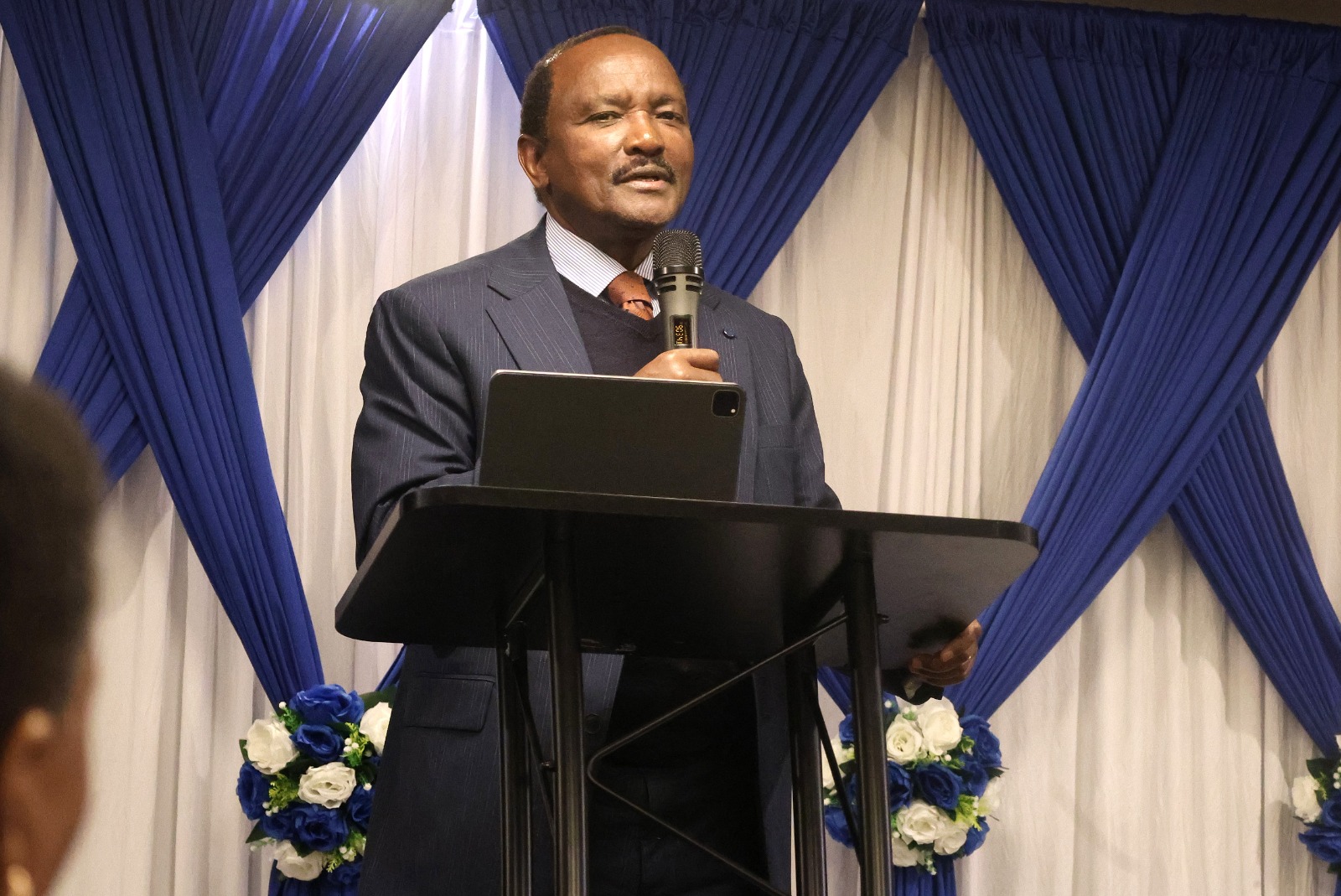KISUMU, Kenya July 13th -In Kenya’s current political climate, it has become all too predictable that every policy move, every reform, and every decision by President William Ruto is immediately met with a wall of criticism. Alright, it’s your democratic discretion.
Some of it is fair—robust democracies thrive on scrutiny—but much of it has become alarmingly reflexive, void of nuance, and dangerously reductionist.
Zero Solutions
The refrain is repetitive and tired: Ruto is bad. Ruto must go. It’s shouted in rallies, plastered across placards, and echoed endlessly on social media.
But peel back the outrage, and you’re left with something disturbingly hollow—no serious policy alternatives, no pragmatic solutions, no vision of a better Kenya.
The opposition, it seems, has slipped into a posture of automatic antagonism. No matter what President Ruto does—even when he takes steps in the right direction—they rush to discredit or disrupt.
Consider recent attempts by the government to tackle ballooning public debt or address the country’s widening fiscal deficit.
While not perfect, these initiatives signal a recognition of the economic storm Kenya is facing. Yet the reaction from the opposition was not constructive debate, but outrage theatre.
This is not to argue that the Ruto administration is beyond criticism. Far from it. There are legitimate questions about governance, integrity, and inclusivity. Citizens have a right—and a duty—to demand better.
But we must also expect the same level of seriousness from those who aspire to replace the current leadership. Opposition politics should be more than political heckling. It should be an intellectual counterweight—an engine of accountability, yes, but also of ideas.
Unfortunately, Kenya’s opposition risks becoming precisely the opposite. Lacking a coherent ideological or policy framework, many opposition leaders have turned to populist rage as their core strategy.
It’s easy politics: stir anger, provoke ethnic tensions, and ride the wave of public frustration. But it’s also deeply irresponsible.
Such politics may win cheers at rallies, but it does not build bridges or schools. It doesn’t fix the economy.
Strong Opposition
It doesn’t heal the nation. It corrodes democracy by reducing public discourse to a zero-sum game of us-versus-them, and it obscures the real work needed to move the country forward.
Kenya needs a strong opposition—urgently. But it must be an opposition that does the hard work: one that studies the budget and proposes credible amendments; that challenges executive overreach with facts and law, not slogans; that speaks to all Kenyans, not just ethnic enclaves. We need leaders who can inspire hope, not just harvest discontent.
As the country navigates an increasingly complex landscape—from global economic pressures to internal social unrest—it can not afford an opposition that merely reacts. We need leaders who think, not just shout.
The President is not infallible, but neither is the default opposition stance of knee-jerk rejection. Criticism is valuable only when it’s tethered to constructive intent.
In the end, democracy is not just about winning power—it’s about earning trust. And trust is not built on noise.
It’s built on substance. Unless the opposition can offer a real, detailed vision of a better Kenya, they risk becoming irrelevant—a political sideshow rather than a credible government-in-waiting.
Kenya deserves better. And so do Kenyans. We must listen not to propaganda but new alternative solution that will build our beloved Nation for the common good.
The author is a senior writer with the People Daily, a Media consultant, and a regular advocate of better governance and democracy in Africa.Kepherpeace@gmail.com



